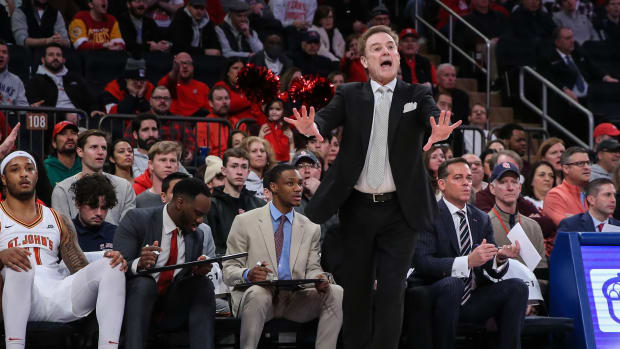
Former Alabama football coach Nick Saban spent time with various senators along with Alabama athletic director Greg Byrne in Washington on Tuesday discussing the future of college athletics.
His discussion featured discussion on name, image and likeness, the NCAA, the transfer portal and how football has changed. Saban was asked by Senator Ted Cruz if the changing attitudes led to his decision to leave coaching.
“Well, all the things that I believed in, for all these years, 50 years of coaching, no longer exist in college athletics. It always was about developing players, it was always about helping people be more successful in life. My wife even said to me, we’d have all the recruits over on Sunday with their parents for breakfast, she would always meet with the mothers and talk about how she would help impact their sons and that they would be well taken care of. She came to me right before I retired and said, ‘why are we doing this?’ I said, ‘what do you mean?’. She said, ‘all they care about is much you’re going to pay them. They don’t care about how much you’re going to develop them, which is what we’ve always done, so why are we doing this?’,” said Saban.
College football has obviously changed over the course of the last decade, leading to conference realignment, television contracts and the ever evolving postseason model. However it’s clear that without football there aren’t other sports as Byrne highlighted during his opening remarks to the committee.
“Only two of those programs, however, generate more revenue than expenses, football and men’s basketball. The excess revenue from these two programs effectively offset the roughly $40 million dollars annually, the other 19 programs collectively run in losses each year. If it weren’t for football, we would not have 21 sports at the University of Alabama,” said Greg Byrne.
No litigation was written on Tuesday but Saban and Byrne were revealing in their testimonies, along with ACC commissioner James Phillips, in front of several senators. The group made it clear that college athletics are at a breaking point without a uniform set of rules and a governing body capable of fairly enforcing those rules.
Leave a Reply